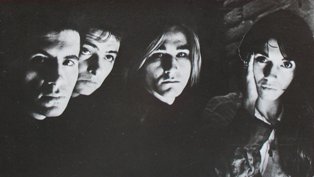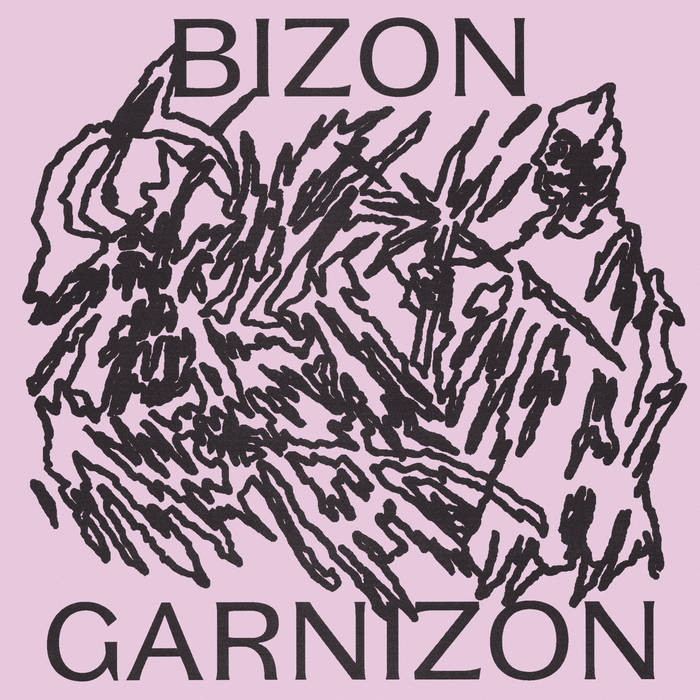The Cure and Ekatarina Velika, two bands from opposite ends of Europe, two iconic frontmen, and two bands that rarely share the same sentence. Yet, their paths are eerily similar in style, evolution, and legacy.
At the end of the 1980s, the music scene was shifting. Gothic post-punk’s stark atmosphere and the jagged riffs of new wave gave way to a broader, grungier alt-rock sound. The Cure’s Wish was released in 1992 as the already well-established UK band’s ninth studio album. By incorporating slick production and a move towards an alternative rock sound, the album became their most commercially successful and helped bridge the gap between the UK and US markets.
In south-eastern Europe, EKV’s Samo Par Godina Za Nas told a similar story as they themselves moved away from goth rock and post-punk to a more accessible and anthemic alt-rock sound.

Za Nas opens with three super strong tracks, each one offering hints of the band’s post-punk legacy, while mustering catchy pop choruses that would be sung for decades to come. The tracks offer a subtle foreboding of the regional tensions to come in the following years through sharp lyricism and brooding soundscapes.
On Wish, The Cure retain their trademark goth rock spirit while entertaining a broader alt-rock foundation. Wish — as obvious from the title — provides a cautious optimism that shares the stage with anxious energy and atmospheric tension. It’s a slight contrast from Za Nas, which feels more gloomy and eerie — offering a quiet resistance to the late 80s’ tense Yugoslav political climate at a time when the country was fracturing and the youthful optimism of the Novi Val era was fading fast.
Wish is a large release at over an hour’s runtime, featuring some grandiose and progressive tracks as previously seen on Disintegration, arguably one of the greatest LPs of all time. The album is almost cavernous, with a maze of tracks waiting to be explored. EKV’s release is similar in this aspect; if we disregard the hits, we’re left with a deeply atmospheric, grungy, and thought-provoking set of tracks. Both bands had matured over the years; at this point, you’d consider them to be at the pinnacle of their careers.
Both albums open with immersive tracks that create a tense and gloomy energy — we’re almost floating above a haunted city, either Belgrade or London, take your pick. Friday I’m In Love is an obvious pop-rock classic, with its jangly sound getting constant airtime while I was growing up. Likewise, you have the commercial hits like Krug and Srce on Za Nas — forming an emotional high point early on in the record. We also have Ona Mi Je Rekla, which, for me, is particularly underrated. Through its gorgeous use of the cello, paired with a fuzzy guitar, we feel an almost apocalyptic sensation. The track is actually really similar to Homesick on Disintegration, which also uses the piano and violin to create a similarly eerie sound.
A personal favourite, however, is Par Godina Za Nas — it’s catchy, dark, and subtly prophetic as Milan sings ‘Voli me onako kako nikad nisi volela’ (Love me like you’ve never loved before), it’s full of heartfelt passion and desire. In a similar vein, the beautiful track From The Edge Of The Deep Green Sea captures Smith longing to be held ‘for a hundred thousand million days’. Both tracks seem simple on first inspection, but dig deeper, and there’s potential allegory in Za Nas’s lyrics for a broken city or nation. Meanwhile, Smith conjures a deep green sea that symbolises a doomed romance — the track ending with a stunning guitar solo… Through both albums, we feel the crisis, turmoil, and emotional storm disguised as darkly beautiful love songs.
Both frontmen — Milan Mladenovic and Robert Smith — radiate this intense aura. Two beloved figures in their respective worlds, two generational frontmen who inspired future generations to come.
For someone growing up in the UK, The Cure’s sound felt universal. I grew up listening to them — tracks like Friday I’m In Love were played to excess. Similarly, tracks like Krug and Srce were getting blasted across Balkan airwaves. I have an affinity for emotive and melancholic records, and both satisfy that demand here. Wish — among other Cure albums — heavily influenced my music taste, it’s probably the reason why I fell in love with EKV, and more specifically, Za Nas. It’s funny to imagine that for some people it might have been the other way round…
I encourage anyone who’s a fan of The Cure, and specifically Wish, to give EKV and Za Nas a listen, and vice versa. If you’re a Za Nas fan, then give Wish a listen. The two bands’ timelines and evolution of sound are eerily similar, so if you’re more interested in The Cure’s earlier stuff, then check out EKV’s earlier projects.



